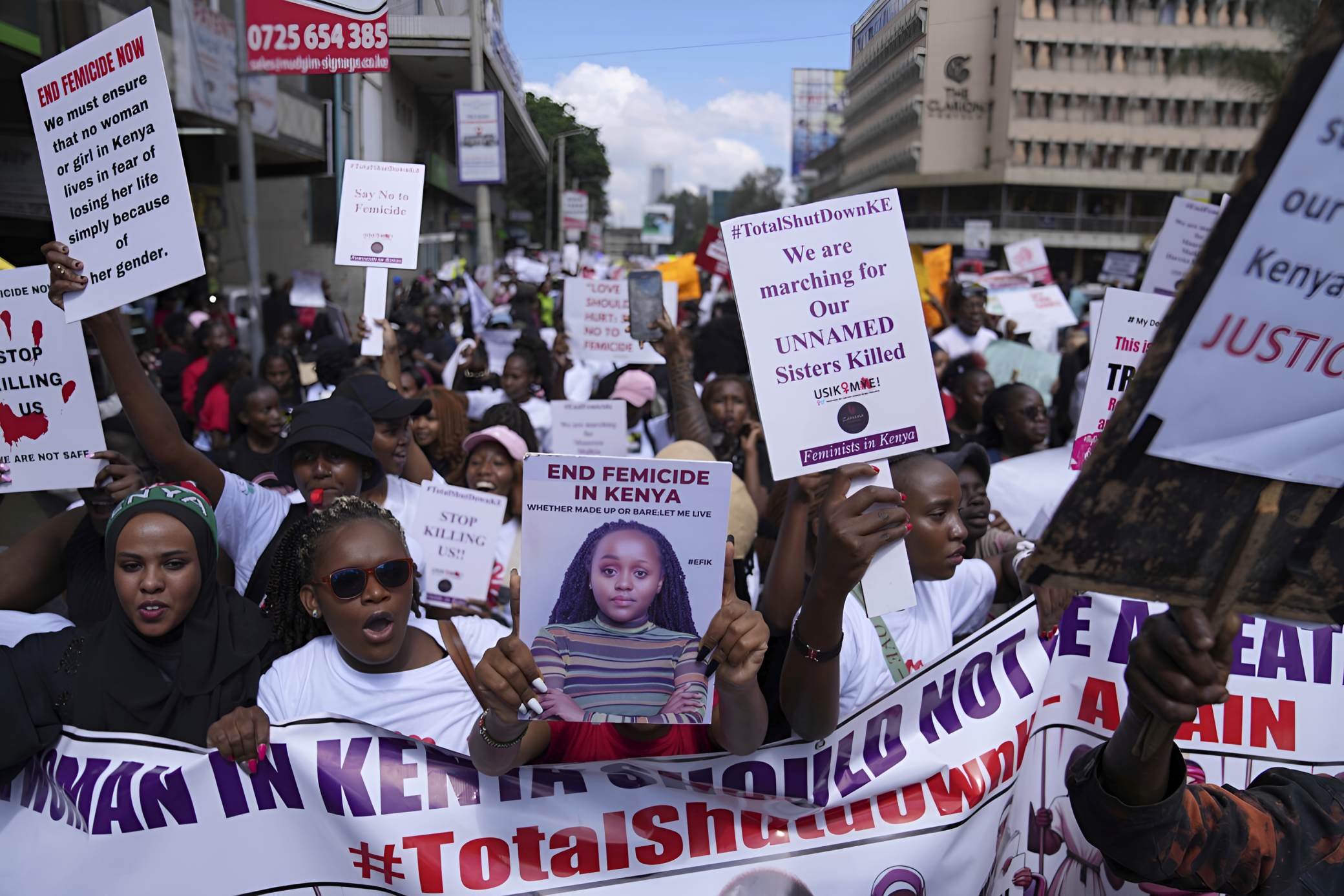A parliamentary committee has thrown out a controversial Bill that proposed tough restrictions on demonstrations, saying it breached international standards and denied citizens their rights.
The National Assembly Security Committee advised MPs to reject the Assembly and Demonstration Bill, 2024, in its entirety.
The Bill had been introduced by Geoffrey Ruku, now serving as Public Service CS, and had sparked strong backlash from activists and rights groups.
"The committee, having considered the Assembly and Demonstration Bill of 2024, recommends the deletion of the Bill," read the report presented to Parliament.
The committee added, "There is a need to formulate legislation and guidelines for the conduct of assemblies and demonstrations through a broad and inclusive process."
The team, chaired by Narok West MP Gabriel Tongoyo, maintained that any regulation touching on public assemblies must be shaped through collective dialogue, not one-sided proposals.
Among the most debated parts of the Bill was a rule requiring protest organisers to get a license in advance and share their full details, including those of people managing the crowd.
It also restricted protests to specific times and areas, limiting them to between 6am and 6pm and along approved routes.
The Bill also gave police the authority to stop or ban a protest if they believed it might pose a threat.
Officers would have had the power to disperse crowds and arrest anyone who disobeyed dispersal orders.
Protest leaders were to be held responsible for any property damage, security issues, or cleanliness after the event.
Banners and slogans were also to be regulated, and the use of masks or clothing resembling police or military gear banned.
Violators of these proposed rules could face fines of up to Sh100,000, one year in prison, or both.
Civil rights defenders said the Bill would have made it nearly impossible to hold protests without government approval, leaving little room for free expression.
They accused it of giving police unchecked authority to silence opposing voices.
